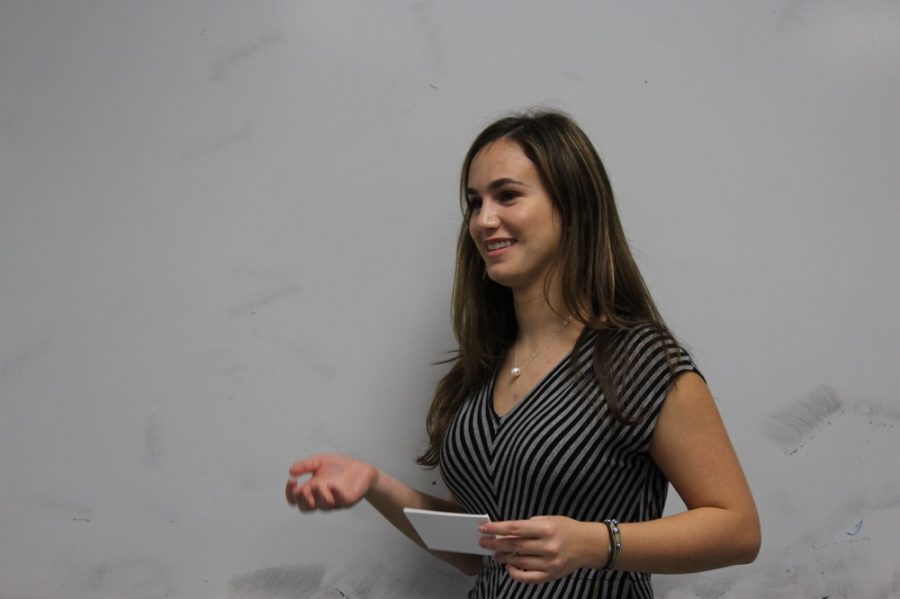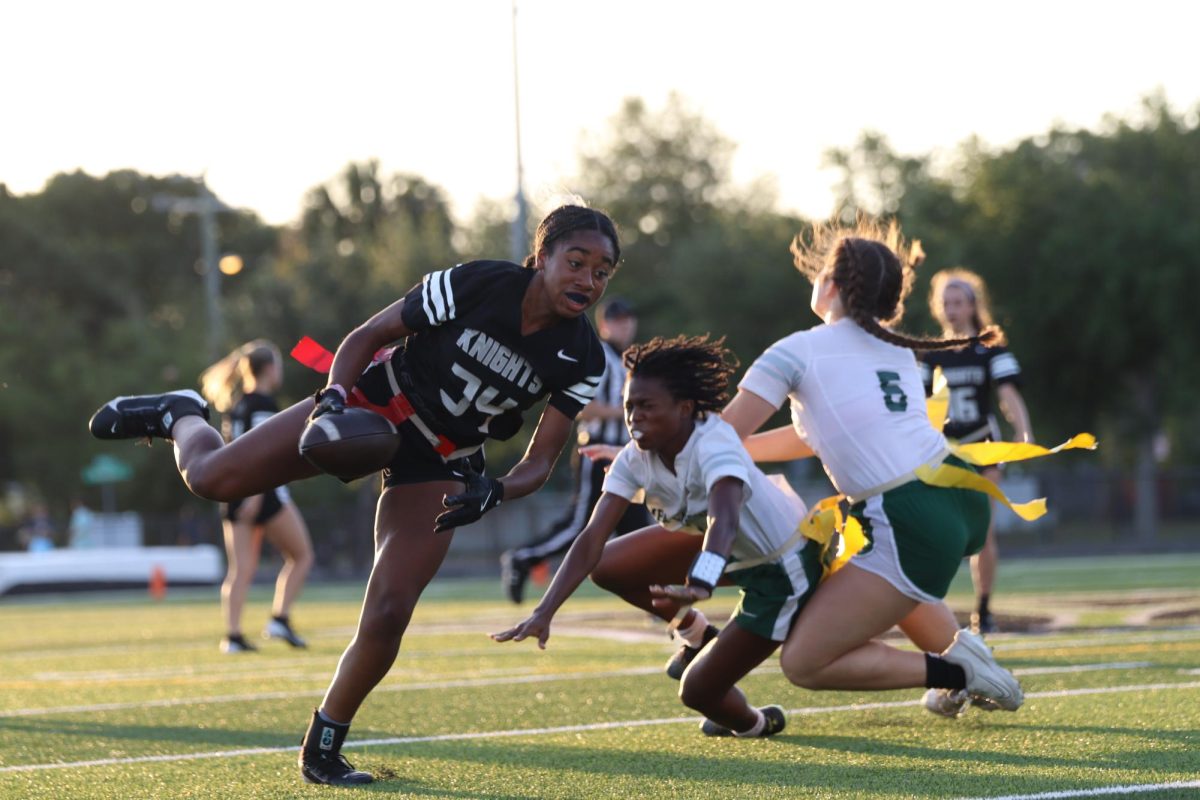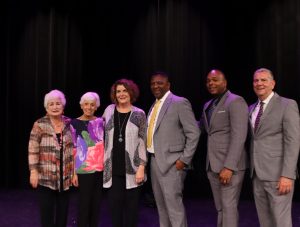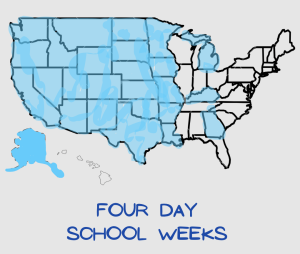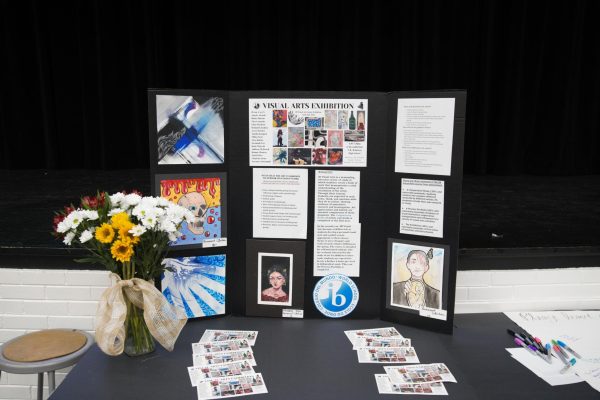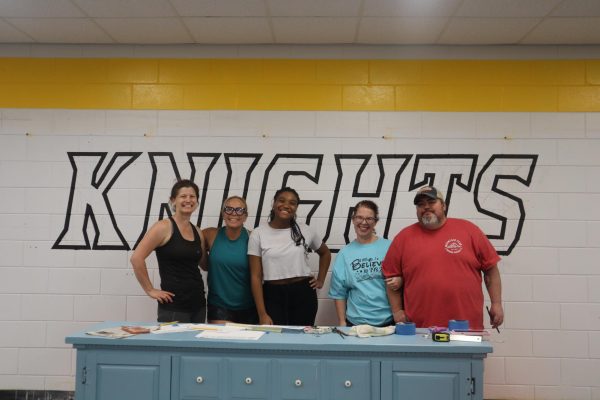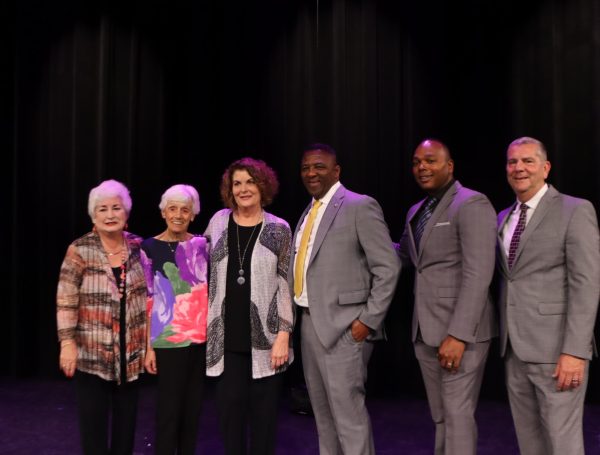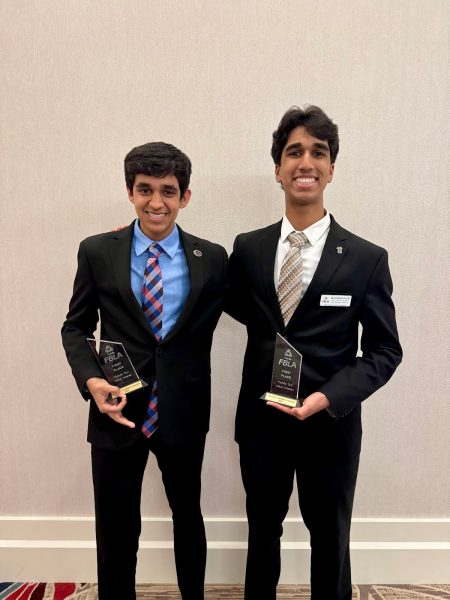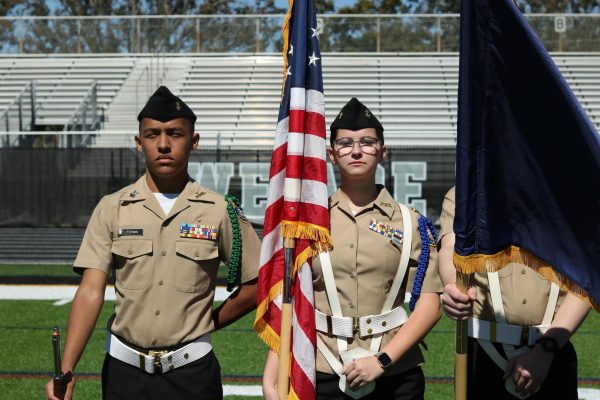Students, teachers adjust in DiFederico’s absence
Photo K. Corwin
Ally Weisman (’18) presents her topic on Nathaniel Hawthorne’s The Scarlet Letter.
December 9, 2016
Internal Oral Presentations, or IOPs, are a requirement for the IB diploma program in which students give a 12 to 15 min in-depth analysis of a given topic from a literary work read during the students’ junior year.
The preparation needed to succeed in the IOP combined with its importance to IB grading already make the presentation high-stakes. However, when students learned that their teacher, Susan DiFederico, was diagnosed with breast cancer and would not be joining them for these presentations, the logistics became more complex.
Students and faculty members are working together to help execute this IB requirement as seamlessly as possible. In DiFederico’s absence, fellow IB English teacher Mary Bell has taken to grading these assessments.
For some students, like Dylan Lockhart (’18), this would be their first interaction with Bell.
“At first, most of us were pretty scared and confused on what was going to happen,” Lockhart said. “But through watching Mrs. Bell grade other students and watching how she acts with them, I realize it’s not going to be that bad.”
While the shock of not having the teacher who had guided them through the preparation initially created a stir, Bell feels the juniors have been adapting well to the change.
“I appreciate everything all of the juniors are doing to help make this happen in an orderly fashion,” Bell said. “[They are] demonstrating [they] understand that this is really important, and it’s certainly relieving what would be additional stress for Mrs. DiFederico had this not been happening.”
For Bell, who taught some of this year’s junior class as freshmen, grading the presentations allows her to see the their improvement from ninth grade to eleventh grade, something she attributes to the other English department teachers.
However, the course of events has left Bell with twice the workload and her freshman classes without a teacher.
“Sometimes there are questions [for Mrs. Bell] that we don’t really know the answer to and can’t really ask her if she’s not there, so we have to wait until she gets there,” Giselle Benitez (’20) said.
However, Bell feels the outcome is worth the sacrifice.
“It’s a lot, but I’m more than happy to do it, as any of us would be,” she said. “Mrs. DiFederico is my dear, dear friend, and this is a horrible situation, but [the IOP] has to happen. We all have to pull together in these situations.”

